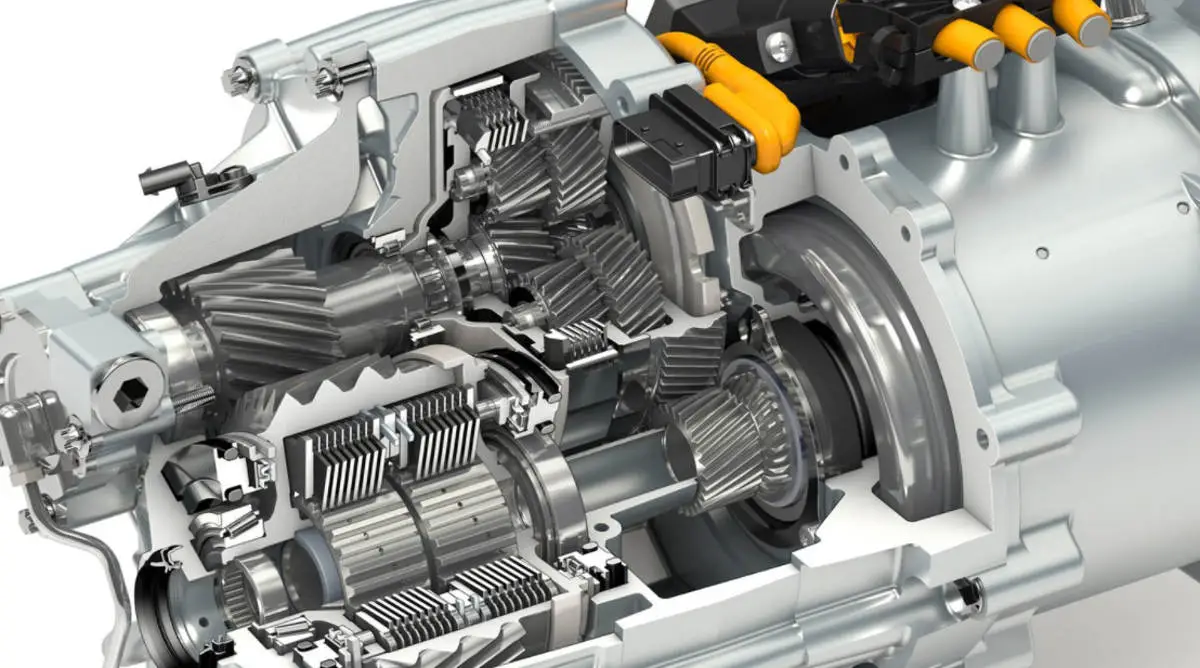What is Torque in Cars?
Greetings and welcome to our site about automotive torque! Many people are familiar with the term "torque," particularly when discussing the capability and output of automobiles. Though torque is widely used, not everyone understands what it means, how it impacts a car's performance, and why it matters.
Here, GB Vehicle Leasing explains torque in detail and explains how it functions in an automobile. We'll examine a number of topics related to torque, such as how torque impacts acceleration and how it differs from horsepower. Continue reading to learn all there is to know about torque.
What is torque?
In cars, torque refers to the force that the engine generates to turn the wheels. Specifically, it is the force that is applied to the crankshaft by the expanding gases in the engine's combustion chamber, which ultimately translates into the rotational force that turns the wheels.
The engine generates torque by burning fuel in the combustion chamber, which creates a high-pressure gas that pushes the pistons and turns the crankshaft. This rotational force is then transferred to the wheels through the transmission and differential.
How is torque measured?
Torque is measured in units of pound-feet (lb-ft) or Newton-meters (Nm). 1 Nm is equivalent to 0.738 lb/ft. Generally, engines with larger displacements and more cylinders tend to produce more torque. However, there are other factors that can influence an engine's torque output, such as turbocharging, supercharging, or the use of variable valve timing.
What is considered good torque in a car?
The amount of torque a car engine can produce depends on various factors such as its size, design, and more. Typically, a car with a torque output of 200 Nm or greater is considered to have adequate torque, although this may vary depending on the vehicle and its intended purpose.
For instance, a lightweight and aerodynamically designed sports car may have a lower torque output but still deliver good performance. On the other hand, a pickup truck or SUV may require a higher torque output to handle the necessary towing and hauling. In essence, the best way to assess whether a car has good torque is to take it for a test drive and evaluate its acceleration and overall performance.
What is the difference between torque and horsepower?
Torque and horsepower are both measures of a car's engine performance, but they are not the same thing. First of all, torque is a measure of rotational force, while horsepower is a measure of power output over time. While torque and horsepower are related, they are not directly proportional. A car with a high torque output may not necessarily have a high horsepower output, and vice versa. However, a car with both high torque and high horsepower will generally have better overall performance.
Furthermore, torque is what gets a car moving from a standstill and is important for tasks such as towing, hauling, and climbing hills. Horsepower is what allows a car to maintain speed and is important for tasks such as high-speed driving. Lastly, torque and horsepower are calculated in different ways and are measured using different units.
In conclusion, torque is a fundamental concept in the world of cars, and understanding how it works and why it matters can help you choose the right vehicle for your needs. Whether you are looking for a car that can tow heavy loads, climb steep hills, or simply accelerate quickly, torque plays a key role in determining a car's performance and capabilities.


0 Comments